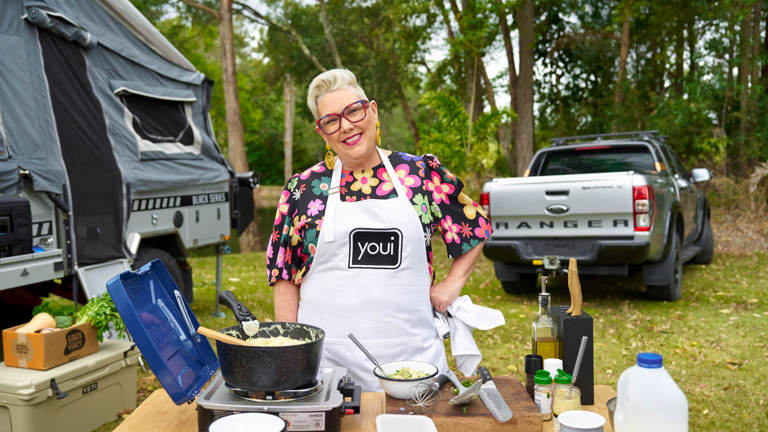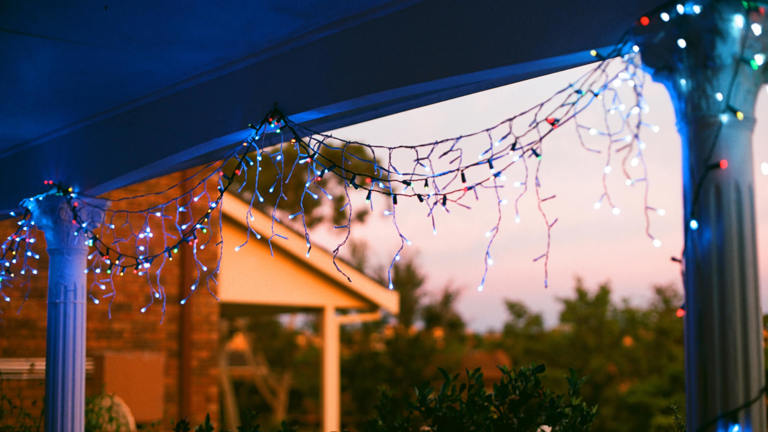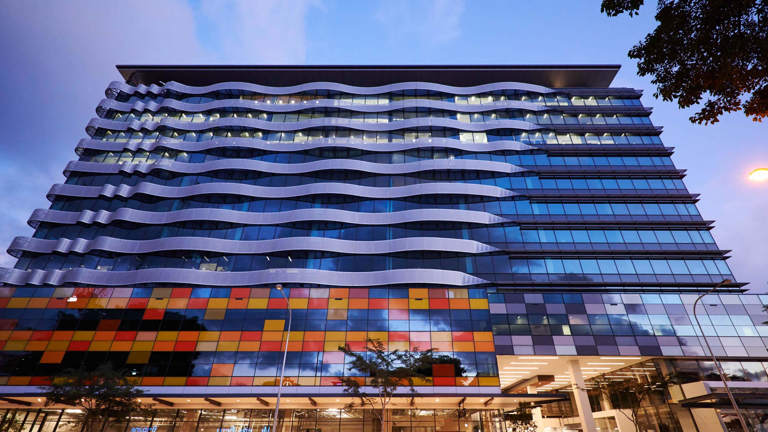you.connect
Plug in to all the latest Youi news, views and updates.

Getting Under the Hood of Australians’ Understanding of Car Insurance and Claims

Single Burner x Steph de Sousa

Youi Wins Across the Board at the 2024 Finder Awards

Unveiling Australia’s Unofficial Road Rules

Experience Drives Confidence: Why Aussies are Still Unsure About EVs
We asked over 1,000 Australians what they think about electric cars – the barriers holding them back, what’s driving interest, how they see insurance, and how confident they feel about buying one.
More Special Reports

Aussie Car Confessions
Discover Youi’s insights into the habits, emotional connections and daily behaviours of Aussie drivers.

Youi's 'Under the Hood' Report
Exploring the knowledge gap on car insurance understanding and claims across Australian generations, genders and states.
Our Picks.
View allArticles and Guides.
Youi Stories.
News and Media.

Deep Diving the Environmental Impact of Electric Cars

Cheap Hybrid Cars: Here Are 10 of the Most Affordable in Australia

How Much Caravan Insurance Do I Need?

’Tis the Season: Christmas Light Safety Tips For Your Home

Josh and Kyle Dunkley: From Competitiveness as Kids to Shared AFL Pride

Us With the World: Kai and Jake Lohmann’s Journey Together

The Heart of a Champion: Adam Reynolds and the Role of His Biggest Fan, His Daughter

Raising a Star: Will Ashcroft’s Journey with His Number 1 Fan, Bekky

New Brisbane Office Opening Soon

Youi Wins Finder’s 2023 Home And Car Insurance Customer Satisfaction Awards

Youi Wins Finder’s 2023 Best Car Insurance for Features Award

The National Electric Vehicle Strategy is here – now it’s time for insurers to do our bit
Articles and Guides.
View all
What to Do If You Hit a Kangaroo or Other Animal While Driving

Claims Management Agencies: What to Know If You’re Approached After a Weather Event

Not-at-fault Car Accident Without Insurance: What Happens Next?

How to Handle an At-Fault Car Accident Insurance Claim in Australia
you.prepared
View all
7 Ways to Prepare Your Home for Severe Weather

How to Prepare for a Storm Without Breaking the Bank

How to Create a Severe Weather Emergency Plan

Weather Warnings in Australia – and What They Mean for You
Youi Stories.
View all
Youi Wrapped: 10 Insurance Trends for 2025

The Mother-Daughter Bond that Fuels Jade Ellenger's Full-Throttle Life

Belle Dawes & Ben Stanley: The AFLW Star's Strong Connection with Her Number 1 Fan

Josh and Kyle Dunkley: From Competitiveness as Kids to Shared AFL Pride
News and Media.
View all
Youi and Lions Team Up for a Big 2025 AFLW Season

Youi Cleans Up at the 2025 Canstar Awards

Youi Helps Expand Brisbane Lions’ Wellbeing Program Across Queensland

Youi and the Brisbane Lions Bring Guernsey Swap to Cherbourg
Our Authors
View All
Chelsea Spresser
Journalist & Communications Professional

Katrina Sichlau
Commercial Content Editor

Helen Dewar
Senior Commercial Content Editor

Emma Schafer
Senior Commercial Content Editor

Amanda Dardanis
Senior Commercial Content Editor

Lee Mylne
Journalist & Content Creator

Claire Burke
Journalist & Communications Professional

Dylan Campbell
Motoring specialist

Jim Smith
Former Deputy Commissioner for Fire and Rescue NSW & General Manager of Ordinary Courage.

Mark Dobson
Active firefighter and Founder of Ordinary Courage

